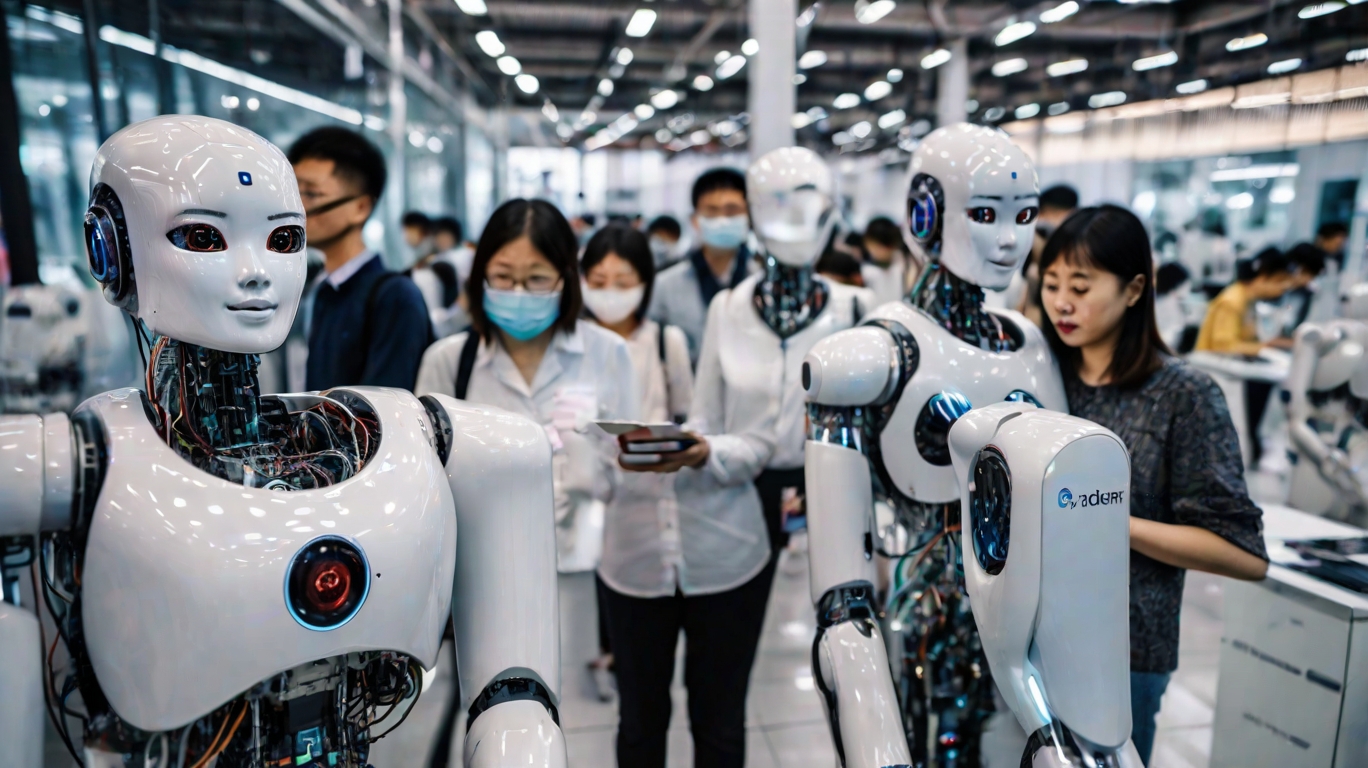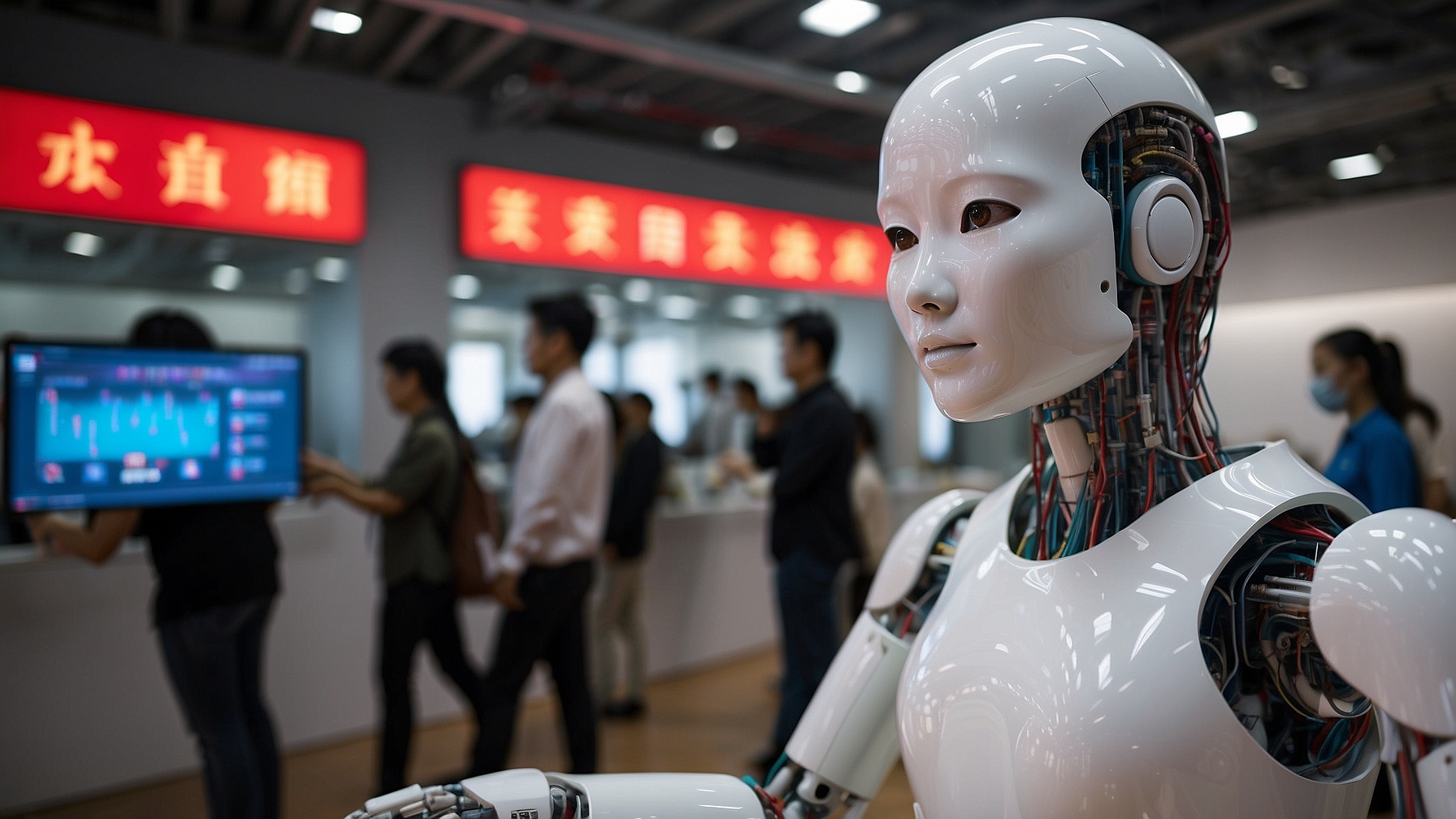China to Crush US Tech Giants with Revolutionary AI That Can Actually Understand You
In a shocking twist that has U.S. tech innovators shaking in their well-funded boots, China has unleashed what can only be described as an AI model so advanced, it might just understand your grandma’s cryptic texts and decipher every post-modern art piece out there. Alibaba, the new heavyweight champion of the AI world, has introduced Qwen2-VL, a vision-language AI model that has allegedly outshone GPT-4o on every possible benchmark that you can pronounce without choking on your latte.
The Chinese tech juggernaut unveiled this mysterious entity, which its creators claim can comprehend and analyse everything from your cat’s “Are you really petting me right?!” stare, to deeply esoteric image texts in languages as diverse as Klingon. Rumor has it, Qwen2-VL even dabbled in college-level problems solving—a feat previously thought impossible by students worldwide.
“Finally, an AI that understands the existential dread of both math problems and modern art,” quipped tech analyst Ima Conphusde. “It’s like giving a brain to those soulless robots we keep hearing about.”
U.S. technology leaders, meanwhile, have been left scrambling to maintain their coveted spot on the AI high horse. OpenAI and Anthropic, in a spirited bout of “we’re still relevant,” signed a groundbreaking deal with the U.S. government to let them peek at their AI models before the public gets a sniff. This move is rumored to be less about improving AI safety and more about distracting officials with shiny new gadgets.
“Letting the government handle AI safety is like asking a dog to guard your steak dinner,” commented TechNonSense blogger, Byte Me. “I mean, what could go wrong?”
The much-publicized partnership aims to ensure these AI models are as risk-free as a tepid bowl of oatmeal, while somehow stopping China from using Qwen2 to create the world’s most insightful social media influencer.
Adding to the AI frenzy, AI startup Magic has reportedly unlocked the power of 100 million tokens of context at once, a computation feat that can finally put an end to endless office meetings by analyzing every word you’ve ever uttered. Magic is teaming up with Google to ensure that future AI has the memory span of an elephant on cognitive enhancers.
“The day is not far when AI will know more about your love life than you do,” noted speculation pundit Chatty Botson. “Get ready for AI advice columns that actually make sense.”
As China’s AI prowess accelerates faster than a cat with a cucumber, the U.S., intent on maintaining its technological sovereignty, seems poised to engage not in a space race, but a digital one. With so many expecting more sophisticated AI that can deflect passive-aggressive emails and interpret Zoom faces mid-meeting, human capabilities are increasingly seen as overrated.
“It’s only a matter of time before our AI overlords start negotiating for better working conditions,” sighed one weary programmer. “Honestly, I can’t wait for them to take over my Monday morning stand-ups.”
Thus, as humanity stands on the precipice of either an AI-driven utopia or a robot-fueled apocalypse, one thing remains clearer than the pixels on your 8K television: the age of AI absurdity is clearly upon us.





